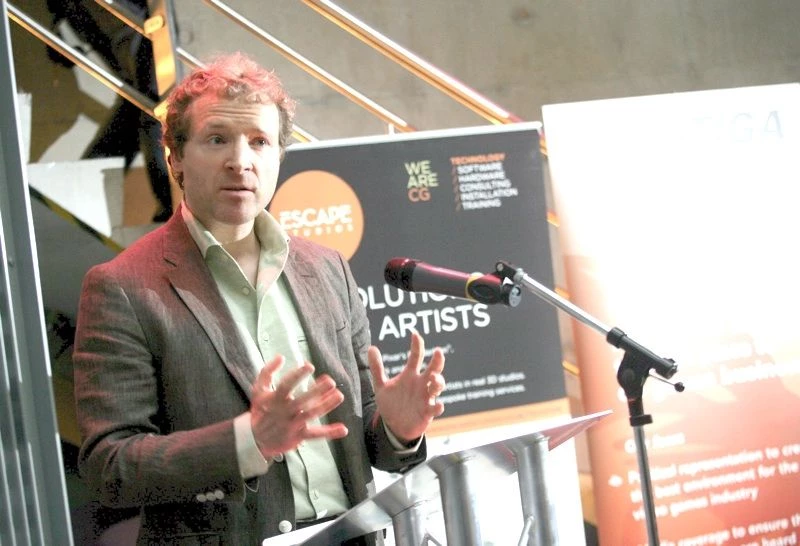
Partner Article
Building a sustainable UK games industry
Dr Richard Wilson, CEO of TIGA, the UK games trade association, shares his thoughts on recruitment issues within the industry.
After a four year campaign by TIGA, the Government finally agreed to introduce a tax break for games production in the March 2012 Budget. Tax breaks will spur on global investment in new and existing UK games studios and reverse the trend that saw a 10 per cent reduction in staff levels between 2008 and 2011. Only this week US-based games company Activision Blizzard announced its plans to return to the UK to set up a new mobile games development studio and we believe that this is a sign of things to come.
Yet some nagging questions remain. Do we have the depth of skills to cope with future growth? The 10 per cent decline in personnel alluded to above equates to 1000 jobs lost and 41 per cent of those laid off chose to relocate overseas. That is a huge loss of talent for any industry to absorb. Is it possible to lure that talent back to the UK? How do studios attract and build a loyal workforce? Is the industry well-equipped to train a new generation of developers?
If we are to capitalise on the tax breaks for which we have fought so hard and build a sustainable UK games industry, we need to address these issues and demonstrate that the industry is primed and ready for investment and growth. To this end, TIGA has published a Best Practice Guide for Recruitment and Selection in the Games Industry (with assistance from recruitment specialist Interactive Selection and a number of experienced people in the UK games industry) in which we provide expert advice from industry specialists on how to deal with the varied aspects of the recruitment process.
Recruitment should not merely be viewed as a box-ticking exercise but rather as an on-going process that should go hand in hand with the culture and ethos of a company. It is not just about filling job roles; it is about matching the most suitable candidate to the role that is right for them, to the benefit of both the employee and employer. Talented development staff can make or break a studio so knowing how to attract the best applicants and maintain a good working environment is essential to success in the games industry.
There are also many practicalities involved in handling recruitment successfully, from simply deciding who in the company will lead the process to an awareness of legal issues and changing legislation. Recruitment is a potential minefield for new and existing employers but by providing start-ups and small companies with the knowledge and tools they require to cope with the demands of an industry in the ascendency, we can work towards building a sustainable UK games industry.
Although industries have specific recruitment requirements dependent on their different needs there are basic organisational guidelines that can be made applicable and useful for recruitment in many sectors. Over the coming weeks I will address the aspects of the recruitment process that we identified as most important for inclusion in TIGA’s Best Practice Guide.
This was posted in Bdaily's Members' News section by Richard Wilson .
Enjoy the read? Get Bdaily delivered.
Sign up to receive our popular morning National email for free.








 Raising the bar to boost North East growth
Raising the bar to boost North East growth
 Navigating the messy middle of business growth
Navigating the messy middle of business growth
 We must make it easier to hire young people
We must make it easier to hire young people
 Why community-based care is key to NHS' future
Why community-based care is key to NHS' future
 Culture, confidence and creativity in the North East
Culture, confidence and creativity in the North East
 Putting in the groundwork to boost skills
Putting in the groundwork to boost skills
 £100,000 milestone drives forward STEM work
£100,000 milestone drives forward STEM work
 Restoring confidence for the economic road ahead
Restoring confidence for the economic road ahead
 Ready to scale? Buy-and-build offers opportunity
Ready to scale? Buy-and-build offers opportunity
 When will our regional economy grow?
When will our regional economy grow?
 Creating a thriving North East construction sector
Creating a thriving North East construction sector
 Why investors are still backing the North East
Why investors are still backing the North East